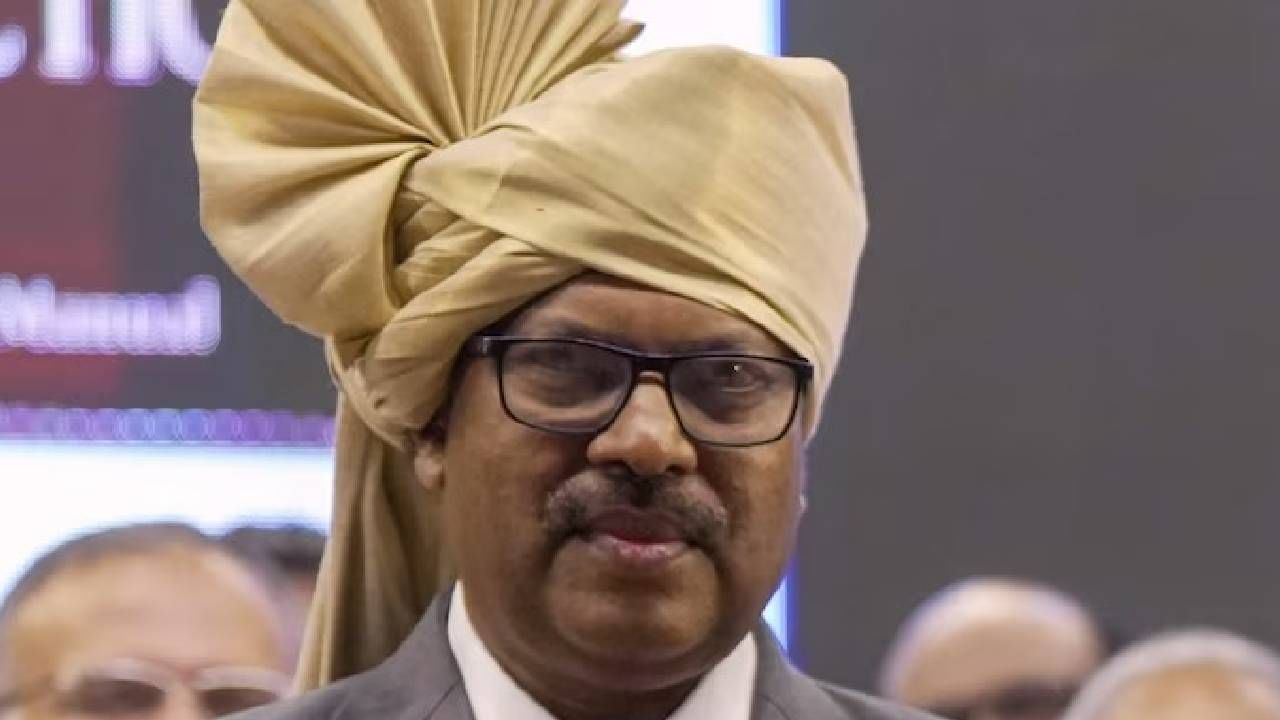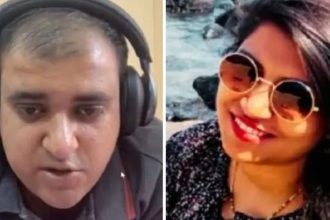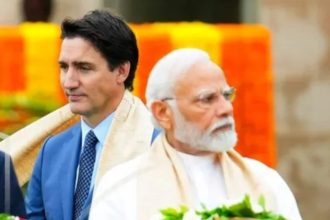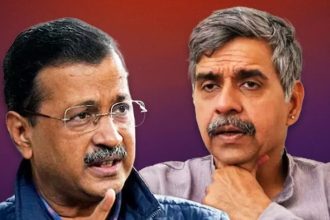
New Delhi: India’s Chief Justice, BR Gavai, during his recent visit to his home state of Maharashtra, subtly but pointedly highlighted a perceived lack of protocol by state officials. The incident unfolded amid ongoing national discussions about the judiciary’s scope and powers, particularly concerning Article 142 of the Constitution, which grants the Supreme Court special enforcement powers.
“The three pillars of democracy – Judiciary, Legislature and Executive – are equal. Every Constitutional institution must reciprocate and show respect to other institutions. When a person from Maharashtra becomes the Chief Justice of India and visits Maharashtra for the first time, if the Chief Secretary of Maharashtra, the Director General of Police or the Mumbai Police Commissioner don’t feel it appropriate to be present, then they need to reflect on that. Protocols are not something new, it’s a question of the respect one constitutional body gives to another,” Chief Justice Gavai said.
Speaking at a felicitation ceremony hosted by the Bar Council of Maharashtra and Goa in Mumbai, CJI Gavai noted the conspicuous absence of three crucial state functionaries, the Chief Secretary, the Director General of Police, and the Mumbai Police Commissioner.
He emphasised the principle of equality among the three pillars of democracy, Judiciary, Legislature, and Executive, and stressed the importance of mutual respect between constitutional institutions. “When a person from Maharashtra becomes the Chief Justice of India and visits Maharashtra for the first time,” he remarked, questioning the absence of these officials and calling for reflection on their part, stating that protocols are about the respect one constitutional body shows another.
The CJI’s comments took on added weight when he linked the protocol lapse to the contentious debate surrounding judicial overreach. “Had it been any one of us (judges), discussions about Article 142 would have arisen,” he stated, implying that similar scrutiny is not always applied when the Executive potentially falls short on respecting judicial figures. This remark is particularly relevant given the recent Supreme Court judgment on the timely processing of Bills by Governors and the President, which has drawn criticism labeled as “judicial overreach.”
Interestingly, the three officials who were absent from the felicitation ceremony were present later when the Chief Justice visited the Babasaheb Ambedkar memorial at Chaitya Bhoomi, ostensibly after becoming aware of his earlier remarks. When asked about his comments, CJI Gavai clarified that he was not being “fussy” about protocols but merely stating what had transpired.










